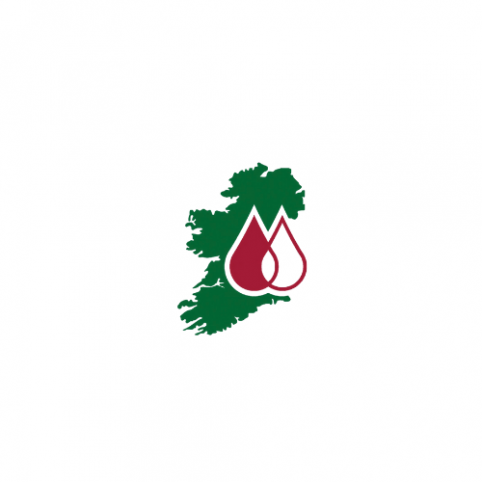The Irish Haemophilia Society has today announced that gene therapy has been used for the first time to treat a person with haemophilia in Ireland.
The recipient has received gene therapy as part of a Phase 3 clinical trial. The therapy uses an adeno-associated viral vector to deliver the Factor IX gene therapy intravenously to the liver of the individual who has severe Haemophilia B.
Standard treatment since the 1970’s has been intravenous infusions of the missing clotting factor but several companies and academic institutions have been working for many years on innovative gene therapy treatments for haemophilia.
Irish Haemophilia Society Chief Executive, Brian O’Mahony, said: “This is a momentous occasion for the haemophilia community in Ireland”.
“In the past, viruses such as HIV and Hepatitis C decimated the haemophilia population in Ireland through contaminated blood. It is ironic that a virus could now be the delivery system which offers the best hope of a practical cure for severe haemophilia” he stated.
In the earlier Phase 2B trial of this particular gene therapy, the Factor IX level in the blood increased from less than 1% to between 33% and 51% in the small number of individuals treated. This transforms their quality of life from having severe haemophilia to mild haemophilia or no haemophilia.
“It is hoped that the effect of the gene therapy infusion will last for many years and possibly for a lifetime” Brian O’Mahony said.
The principal investigator, Dr. Niamh O Connell from the National Coagulation Centre in St. James’s Hospital stated “This ground-breaking Gene therapy trial is one of a number of active clinical trials in novel therapies for Haemophilia in Ireland. The opportunity to participate in clinical trials is part of the commitment of the National Haemophilia Service to personalise treatment and to improve the quality of life and outcomes for people with Haemophilia.”
Haemophilia is an inherited bleeding disorder where a missing factor means that the blood does not clot properly. The most common type is Haemophilia A where there is a deficiency in clotting FVIII. The second most common type is Haemophilia B where there is a deficiency of clotting FIX.
The gene therapy was infused in the Wellcome HRB Clinical Research facility in St James’s Hospital. The director, Professor Martina Hennessy, stated:” Access to high quality research is an integral part of good healthcare because it raises standards and pushes the boundaries of what can be achieved. Delivering gene therapy requires specialised training and equipment, we have been preparing with Dr O’Connell and her team for over a year to undertake this exciting work, in partnership with the Irish Haemophilia Society. Other trials are planned, we hope this expertise leads other Irish patient groups also being able to access potentially life changing treatments in the future.”
The timing of this announcement is very significant for the community as the Irish Haemophilia Society hosts its annual general conference in the Slieve Russell Hotel in Cavan this coming weekend, March 7/8.
